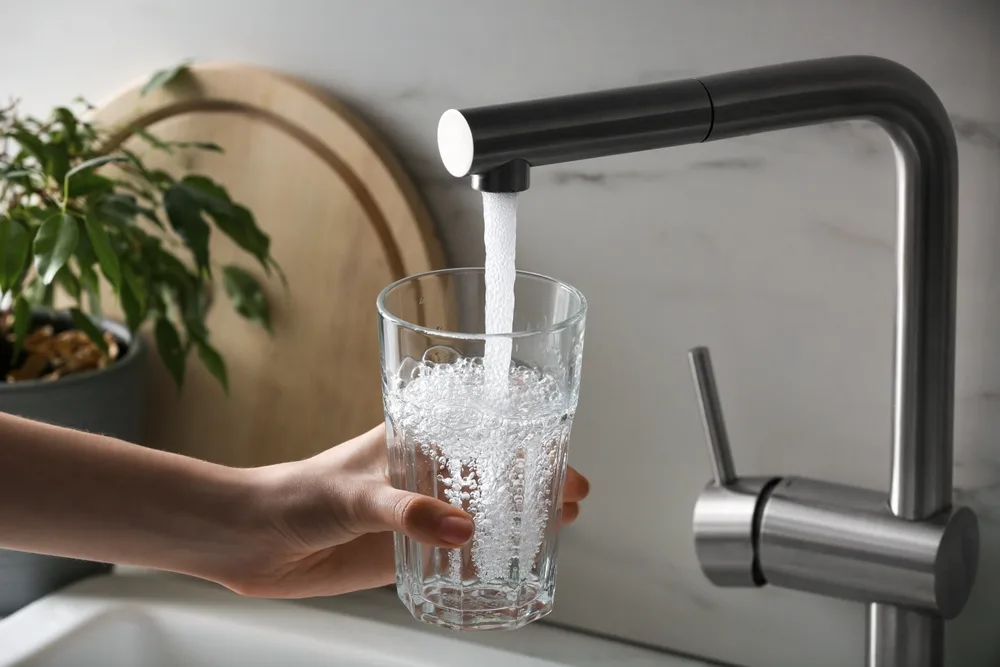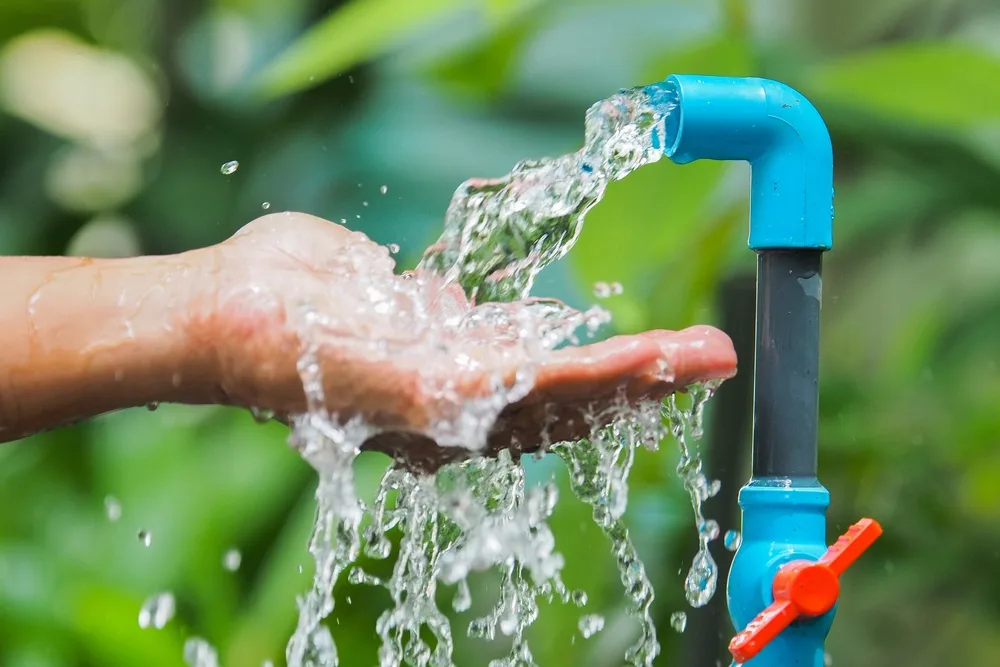
As winter approaches and we spend more time indoors, gardening shifts from summer’s fresh veggies and vibrant flowers to houseplants.
These indoor plants not only beautify your space but also help purify the air and create a calming atmosphere.
One common issue for plant lovers is figuring out why their plants aren’t thriving.
Sometimes, the problem is as simple as the water you’re using. Let’s explore how different types of water can affect your plants and find out what works best.
Hard Water vs. Soft Water
You might have heard the terms ‘hard’ and ‘soft’ water. These terms describe the amount of calcium and magnesium in the water.
Water with fewer minerals is called ‘soft,’ while water with higher mineral levels is known as ‘hard.’
You can often tell the difference at home. If you feel slippery after a shower, you probably have soft water. Hard water, on the other hand, can leave stubborn mineral deposits on your shower door.
Which Is Better for Houseplants?

Plants prefer soft water over hard water.
“Hard water can overwhelm plants with calcium and magnesium, leading to nutrient deficiencies and yellowing leaves,” explains Gene Fitzgerald, a senior scientist at Best Osmosis Systems.
“These minerals are necessary, but too much can cause problems.”
Excess minerals not only affect your plants but also harm the soil. They can make the soil compacted, reducing its ability to hold water and nutrients, which can hinder root growth.
How to Determine Your Water Type
If you’re unsure about your water type, know that much of the Southeast U.S. has soft water.
However, Florida has hard water due to its limestone-rich soil, and well water is typically hard as well. To be certain, you can test your water or check with your local water provider.
U.S. tap water often contains chlorine or chloramine to kill germs, but these chemicals can also harm beneficial soil organisms and even damage plant roots.
The Best Water for Your Plants
To ensure your indoor plants thrive this winter, consider using rainwater or filtered water.
“Rainwater or filtered water is ideal as it has lower mineral levels,” advises Fitzgerald.
“However, always check the specific needs of your plants. Some can handle hard water, but soft or moderately hard water is usually best.”
